
views
KOCHI: Lights adorn the buildings and the sound of firecrackers fill the streets as the myriad communities that have made Kochi their home celebrate Diwali in all its awe and splendour.Whether it is celebrated in its traditional glory or with a tinge of modernity, the festival of lights holds a special place in the hearts of Kochi’s own Punjabis, Marwaris, Gujarathis, Bengalis and the Gowd Saraswat Brahmins community (GSB).“For the Punjabi community, Diwali means prosperity, goodness and sweets,” says Bunty Singh, who has been living in Kochi since he was 16-year-old. “Although each family celebrates Diwali in its own way, a major part of the festival lies in the distribution of sweets and gifts to friends and relatives. For us, Diwali begins with Dhanteras, which signifies prosperity and well-being." "Each person invests a part of his savings in gold or silver and it is believed that Goddess Lakshmi will bless them with more wealth,” he says. “Nowadays, Diwali has come to mean gifting sweets, fruits and other gift items to our near and dear ones. A grand supper of rich vegetarian delicacies is also an integral part of the Diwali celebrations for us,” Bunty adds.For the Bengali community in Kochi, Diwali means togetherness, happiness and the promise of a bright future, according to Dr Nibit Purkayastha, who is part of the 80-plus-family-strong Bengali Community in the city. “On the eve of Diwali, all the Bengali households light up 14 diyas (lamps) and keep them in all the energy outlets of the house like doors and windows. This is to purify the entire household and rid it off all things evil. On Diwali evening, all the Bengali families in Kochi come together and celebrate with diyas, firecrackers and a variety of delicacies, mutton being the highlight. But the most significant part of the celebrations is the Kali Pooja that is held on the night of Diwali,” says Dr Nibit. “A flame signifies liveliness and the victory of light over darkness; being the festival of lights, Diwali signifies the victory of good over evil and holds the promise of the better days to come,” he says. For the Marwari community in Kochi, which arrived 20 years ago from the northern hills of Haryana and Punjab, this year’s Diwali came with a tinge of charity. They went for a visit to celebrate the event with the inmates of the Palluruthy Relief Settlement. “It was a very good experience to celebrate the event with those who do not have families here to share such special days,” says N L Mithal, who belongs to the Marwari community. Decorations and lamps lit the factories, automobile shops and plumbing stations owned by the Marwaris, who hold a reputation for their achievements in the business arena. S Agarwal, a factory owner says, “The celebration at work places are different because it gives opportunities for all communities to come together. Next Sunday, the North Indian Association will have a get-together to conclude the celebrations.”The Marwaris also feel that the number of Malayalis, who encourage and embrace the spirit of Diwali, have increased. “ During this year’s celebrations, a lot of Malayali families around us are lighting lamps and bursting crackers just like us,”he adds.The Marwari community also feels that, in spite of rocketing price of gold which is affecting many Malayali families, it would never break the tradition of spending money on buying jewellery for the entire year.On the other side of the street, where the GSB community resides, mud lamps are seen constantly burning during the Diwali night.But the most-special sweet of the GSB community is the sweet aval, made with a mix of coconut and yoghurt, which is made in every home. “ This was the sweet given to Lord Krishna after his battle victory with Naragasuran. The bath, he took prior to eating the sweet holds a special meaning in the lives of all GSB community, who believe that the oil bath on this day, would represent the rest of the baths of the year,” says S Sreedevi.










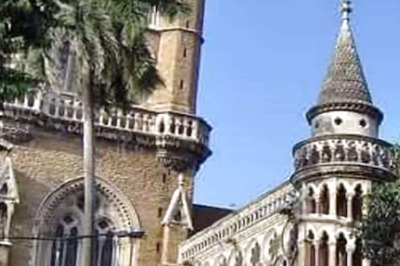



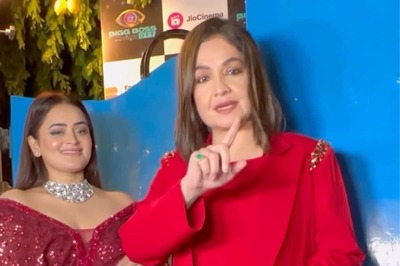
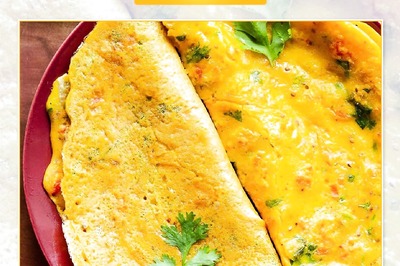

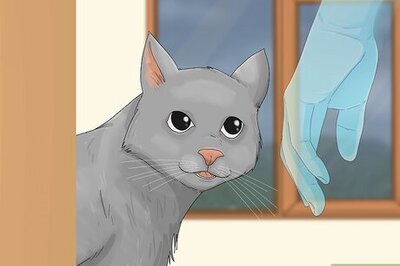
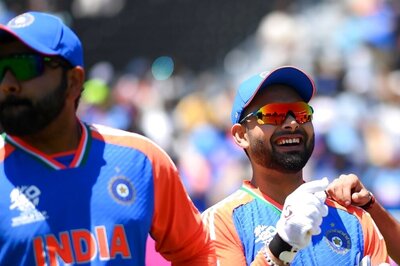

Comments
0 comment